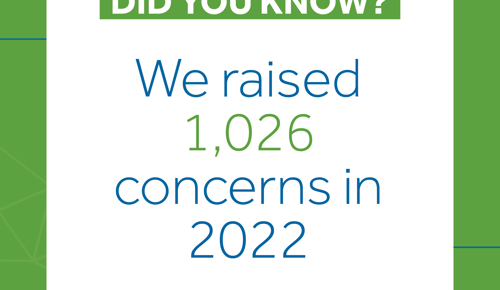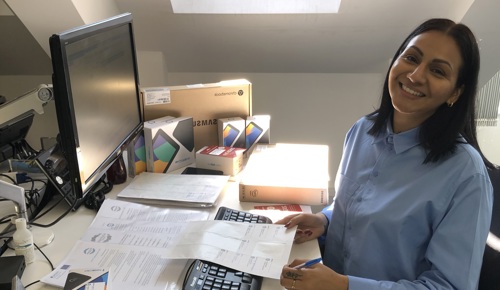Editor
Communications Team
Six things to look out for
- You receive an offer which seems too good to be true
- You’re being asked to send personal information
- Someone you don’t know contacts you unexpectedly
- You feel like you’re not dealing with a real company
- You’ve been asked to transfer money quickly
- You’ve been asked to pay in an unusual way.
Still not sure?
Citizens Advice has a handy online tool to check whether something is a scam.
Got to Citizens Advice website
Six steps to protect yourself
- Never give out personal information
- Make sure your devices have up to date anti-virus software
- Ensure all your accounts have strong passwords
- Ask for ID before letting anyone into your home
- Make sure websites are secure and start with “HTTPS”, not just “HTTP”
- Never respond to scammer emails. Tell-tale signs of a scam email include spelling mistakes. Check the sender’s email address too – does it look like it’s from an official account?
Support for you
We encourage all our residents to be vigilant and follow advice on how to stay safe. If you’ve been scammed, or think you’ve been scammed, you can contact Citizens Advice by calling 0808 223 1133. You can also find out about scams in your local area, by signing up for email alerts on the Action Fraud's website.
Our news
All Articles


- 19 November 2025
- Support and advice
Introducing our Good Neighbourhood Management approach




- 07 February 2025
- Support and advice
Information for leaseholders - what to do if your EWS1 form is rejected by a mortgage lender
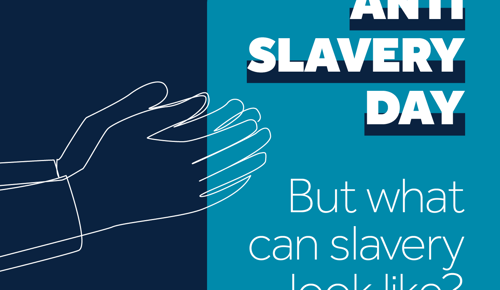
- 18 October 2024
- Support and advice
Anti-Slavery Day – do you know the signs and what to do?



- 03 May 2024
- Support and advice
Ignite fun not fire this weekend – never barbecue on a balcony
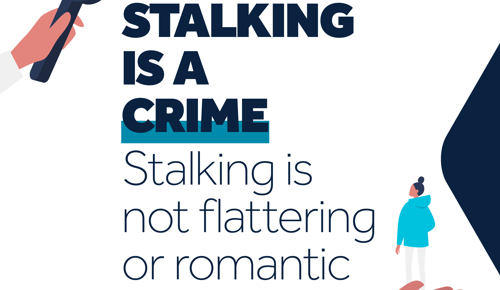
- 22 April 2024
- Support and advice
It’s not flattering or romantic, it’s a crime - Stalking Awareness Week
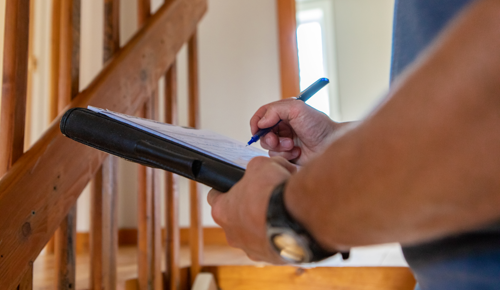
- 15 April 2024
- Support and advice
Home condition surveys, what they are and why you might need one


- 14 December 2023
- Support and advice
The winter issue of your resident magazine, Shine, is here!

